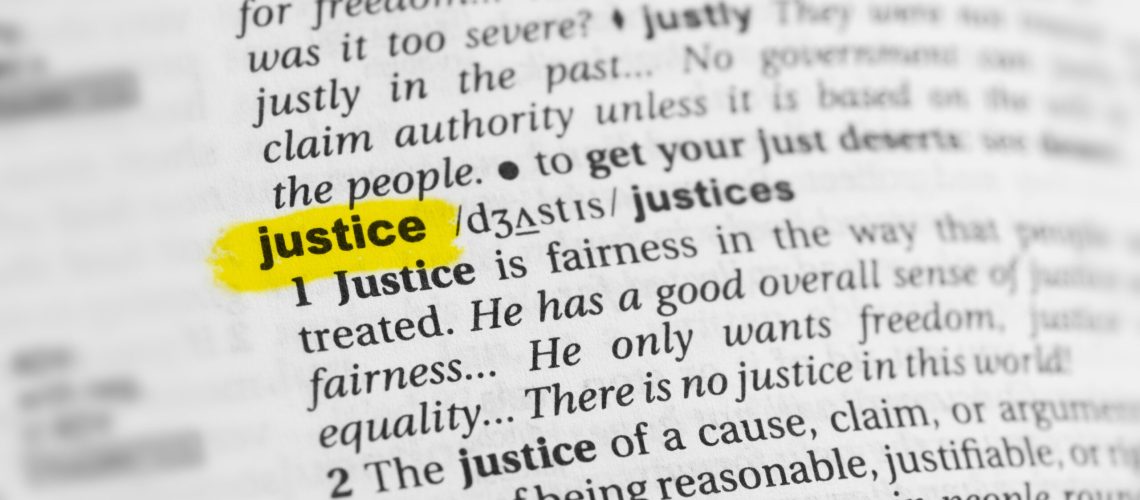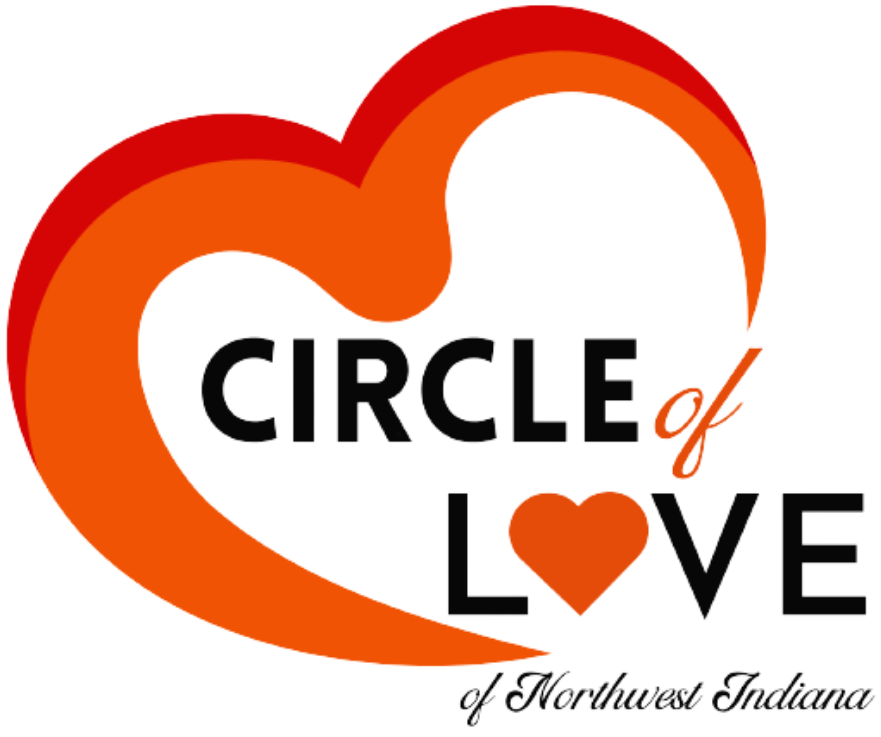http://pomc.org/survivor-support/advocacy-and-court-accompaniment/glossary-of-terminology/
- Arraignment
Usually the following actions occur at this court event: The defendant is officially notified of the charges against him; the defendant enters a plea; the defendant is asked whether he wants a trial by jury or a trial by judge, if that is an option; and the terms of the defendant’s release pending trial is set. - Bail
Release on bond. The defendant may be released if he has “put-up” money or a percentage of a sum of money required by the court as a guarantee that he will appear for trial. - Complaint
A document prepared by the prosecutor as a means for presenting the charges against the defendant to the court in certain types of cases which do not require an indictment. - Contempt of Court
This is an offense that can occur in one of two ways:- Disrespect or unacceptable behavior in the presence of the court, which can be punished immediately by the judge, or;
- Outside the presence of the court, the failure to abide by an order of the court, in which a hearing will be held and unless the defendant can show cause why he should not be held in contempt, he will be sentenced.
- Continuance
A postponement of a case for trial or hearing to a later date, which usually can be granted only by the court. - Defendant
A person formally accused of a crime. - Dismissal
The dropping of a case by a judge, sometimes at the request of the prosecutor. - Subpoena
A written official summons to appear in court to give testimony under possible penalty of law for failure to appear. - Pre-sentence report
A report prepared for the benefit of the sentencing judge to acquaint him with facts and circumstances of the defendant’s crime, as well as both the favorable and unfavorable aspects of the defendant’s background. - Motion Hearing
A hearing before a judge at which the prosecutor or the defense attorney may submit formal request for orders or rulings by the judge. Such motions might have to do with evidence to be presented at trial or for psychiatric examination of the accused. Witnesses are sometimes required at motion hearings. - Indictment
A formal criminal charge made by a Grand Jury after considering evidence presented by the prosecutor. - No Bill
A determination by the Grand Jury that the evidence presented by the prosecution is not sufficient to justify an indictment. - Obstruction of Justice
The use of force, or threat of force, to influence or intimidate a juror or witness. Obstruction of justice constitutes a crime and should be immediately reported to the police. - Parole
The early release, under conditions of supervision, of a person who has been convicted of a crime, sentenced to prison, and has served some of that sentence. - Perjury
Deliberate lying under oath. Perjury is a crime punishable by a severe penalty. - Petit or Petty Jury
A jury that hears the evidence presented by both prosecution and defense at a trial, comes to a decision concerning the facts, and presents a verdict of guilty or not guilty. - Personal Recognizance
The method by which an arrested person is released on his word that he will return at the designated time for further court appearances. - Plea
When the defendant is asked by the judge whether he wishes to admit guilt, or to deny it and go to trial on the charges, his answer is the plea, which may be either guilty or not guilty. - Plea Bargaining
A necessary aspect of the criminal justice process which promotes the speedy disposition of cases without the necessity of a trial. Usually, the defendant will plead guilty to some of the charges against him with the prosecutor sometimes recommending a certain sentence and/or the dismissal of other charges. The goal of the prosecutor in plea bargaining is to try to achieve approximately the same result as would have occurred if the defendant had been convicted after trial. - Probation
The release under “good behavior” of a person convicted of a crime, as an alternative to imprisonment. - Grand Jury
A body of twenty-three (23) citizens which hears evidence presented by the prosecutor to determine whether there is enough evidence to justify an indictment.


